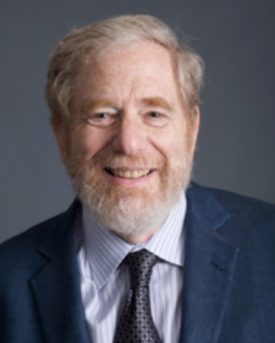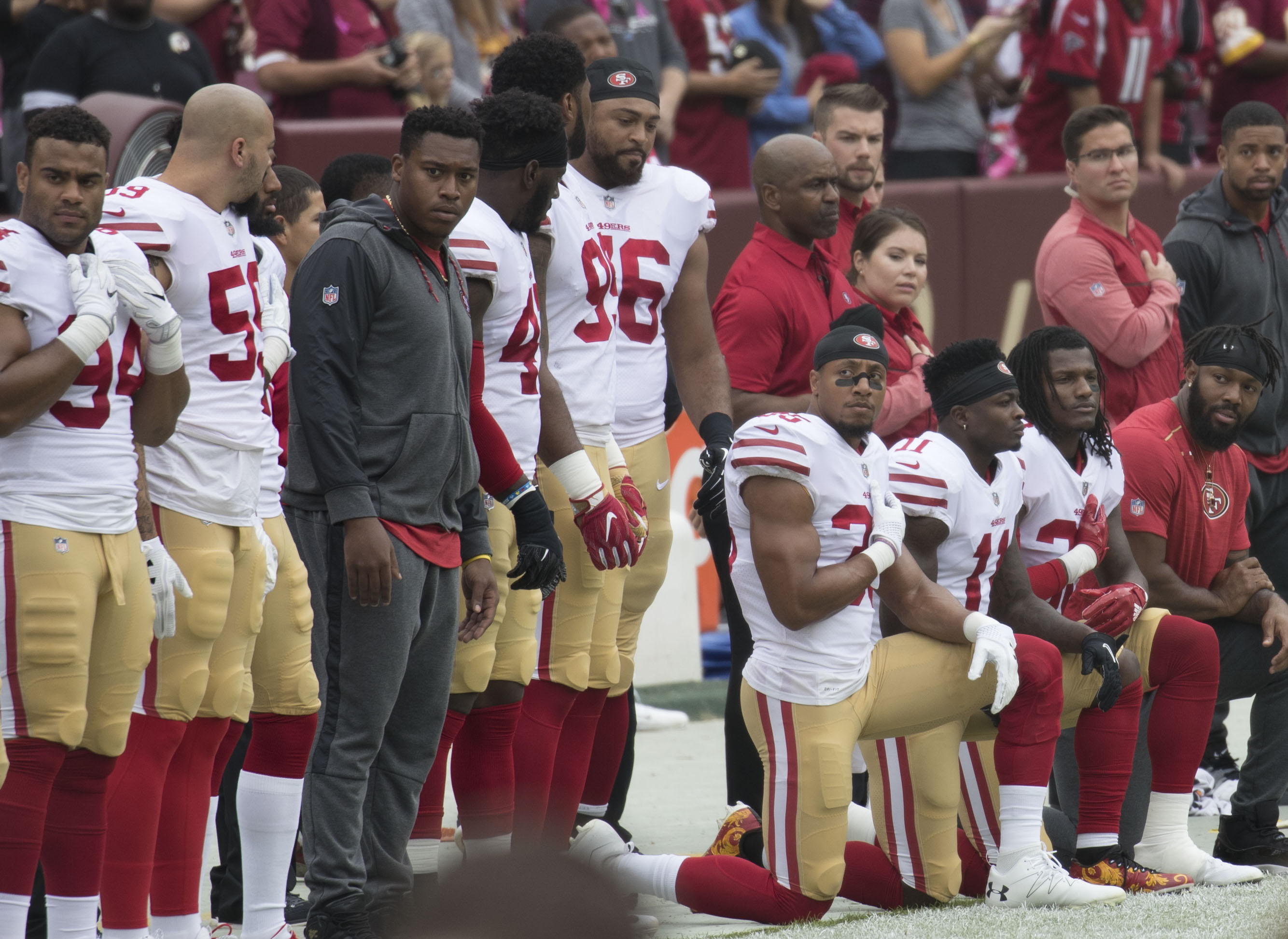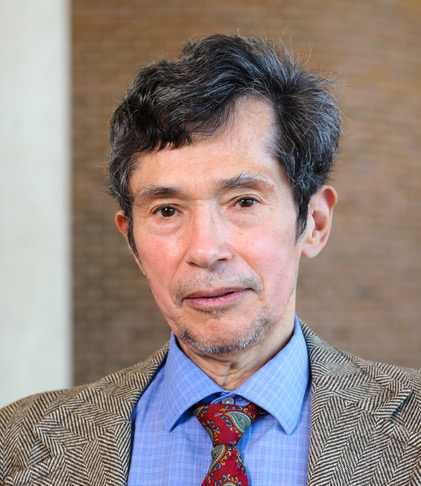One Year Since Deadly Charlottesville Protests
The violent clashes between protestors in Charlottesville were cloaked in First Amendment rights to free speech. But while the Constitution may protect hate speech, it does not protect incitement of violence.
Judge Lifts Order On The Los Angeles Times To Alter News Story
The First Amendment has always been seen as providing, at a very minimum, freedom from censorship by the government or by a private party acting through an injunction issued by a judge. The Los Angeles Times will rely on this argument as it fights a court order that required it to take down part of a published piece on Saturday.
First Amendment Watch Roundtable: Louis Michael Seidman on “Can Free Speech Be Progressive?”
In his provocative essay forthcoming in Columbia Law Review, Georgetown Law Professor Michael Seidman writes, “Free speech cannot be progressive. At least it can't be progressive if we are talking about free speech in the American context, with all the historical, sociological, and philosophical baggage that comes with the modern, American free speech right. … But the notion that our free speech tradition might be weaponized to advance progressive ends is fanciful.
Teacher Guide: How are NFL Protests Related to Symbolic Speech and the First Amendment?
Symbolic speech as a form of protest, like taking a knee at a football game while others stand for the National Anthem, enjoys a long history in America. The NFL protests—players taking a knee during the playing of the National Anthem before NFL games—provides an extraordinary opportunity for teaching how the idea of speech has evolved beyond the spoken word to encompass artistic and symbolic speech.
What is fake news? Facebook and Google offer mea culpas for spreading it and hire legions of staff to counter it. Congress investigated how the Russians promoted it during the 2017 Presidential election. President Trump calls out "fake news"organizations in tweets several times a week. Has the term itself lost its meaning? A recent survey by the Freedom Forum Institute reveals many Americans believe fake news is a major threat, even over hate speech. What more can be done to separate fake news from facts?
First Amendment Watch Roundtable: Louis Michael Seidman Rejoinder
In his provocative essay forthcoming in Columbia Law Review, Georgetown Law Professor Michael Seidman writes, “Free speech cannot be progressive. At least it can’t be progressive if we are talking about free speech in the American context, with all the historical, sociological, and philosophical baggage that comes with the modern, American free speech right. … But the notion that our free speech tradition might be weaponized to advance progressive ends is fanciful.” Freedom of speech pushed progressive causes forward in the second half of the 20th century—it protected civil rights demonstrators, shielded artists from suppression, and safeguarded antiwar protestors. But is it less aligned with progressive goals now? After all, the First Amendment was used to invalidate some campaign financing regulations in Citizens United v. FEC, for example, and protects hate speech. We are devoting a First Amendment Roundtable to discuss Seidman’s question. Today, we present Louis Michael Seidman's rejoinder to our five First Amendment scholars. We invite readers to join the discussion: send us your thoughts at fawroundtable@gmail.com.
First Amendment Watch Roundtable: Richard Delgado Responds to Louis Michael Seidman
In his provocative essay forthcoming in Columbia Law Review, Georgetown Law Professor Michael Seidman writes, “Free speech cannot be progressive. At least it can’t be progressive if we are talking about free speech in the American context, with all the historical, sociological, and philosophical baggage that comes with the modern, American free speech right. … But the notion that our free speech tradition might be weaponized to advance progressive ends is fanciful.” Freedom of speech pushed progressive causes forward in the second half of the 20th century—it protected civil rights demonstrators, shielded artists from suppression, and safeguarded antiwar protestors. But is it less aligned with progressive goals now? After all, the First Amendment was used to invalidate some campaign financing regulations in Citizens United v. FEC, for example, and protects hate speech. We are devoting a First Amendment Roundtable to discuss Seidman’s question. Today, we present Richard Delgado’s response. We invite readers to join the discussion: send us your thoughts at fawroundtable@gmail.com.
First Amendment Watch Roundtable: Ronald K.L. Collins Responds to Louis Michael Seidman
In his provocative essay forthcoming in Columbia Law Review, Georgetown Law Professor Michael Seidman writes, “Free speech cannot be progressive. At least it can’t be progressive if we are talking about free speech in the American context, with all the historical, sociological, and philosophical baggage that comes with the modern, American free speech right. … But the notion that our free speech tradition might be weaponized to advance progressive ends is fanciful.” Freedom of speech pushed progressive causes forward in the second half of the 20th century—it protected civil rights demonstrators, shielded artists from suppression, and safeguarded antiwar protestors. But is it less aligned with progressive goals now? After all, the First Amendment was used to invalidate some campaign financing regulations in Citizens United v. FEC, for example, and protects hate speech. We are devoting a First Amendment Roundtable to discuss Seidman’s question. Today, we present Ronald K.L. Collins’ response. We invite readers to join the discussion: send us your thoughts at fawroundtable@gmail.com.






